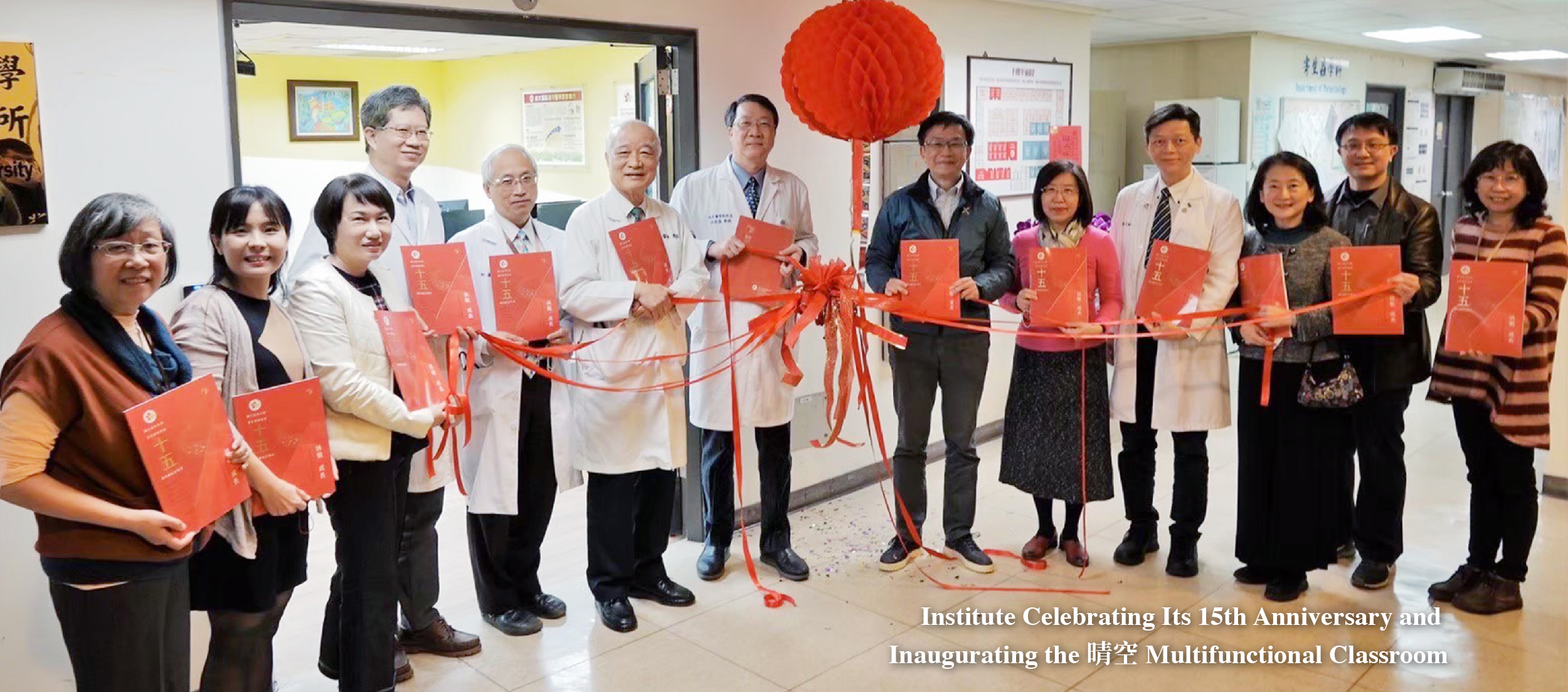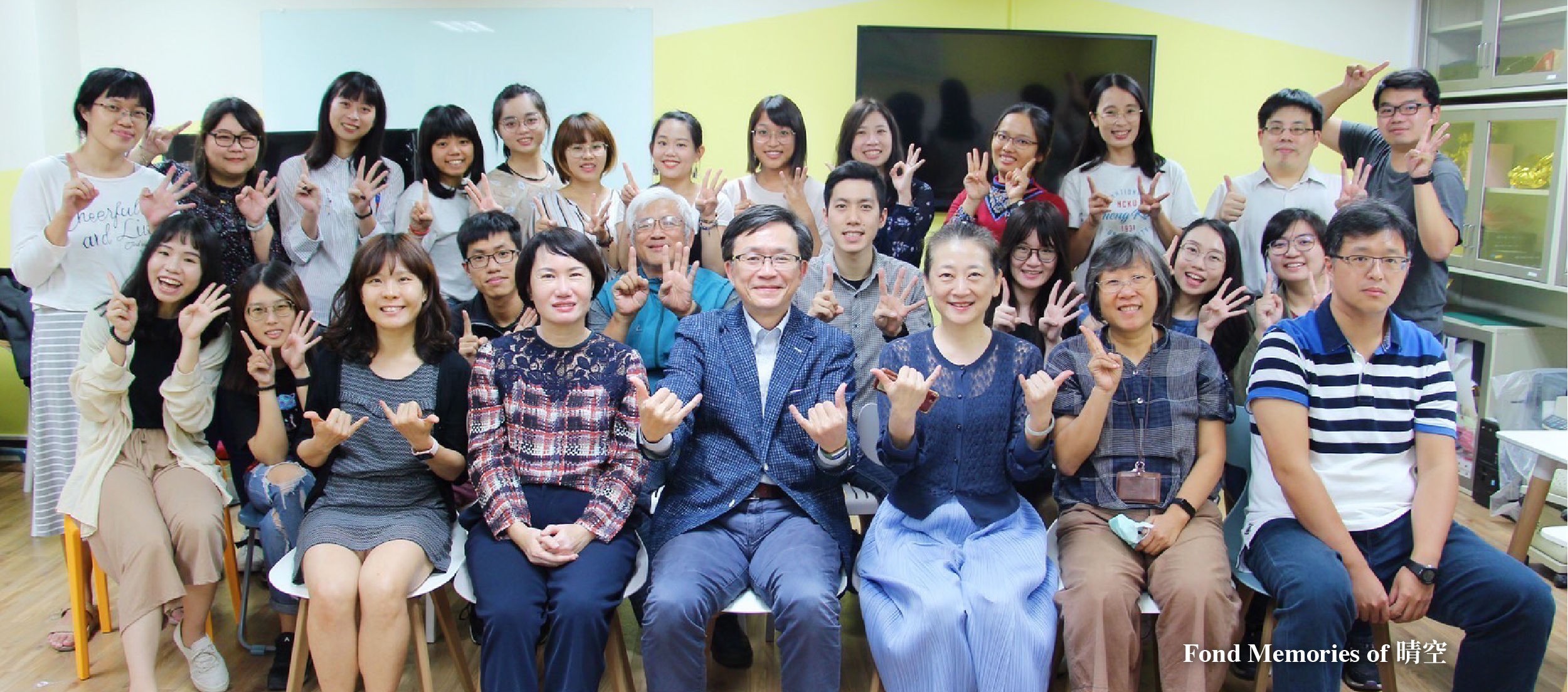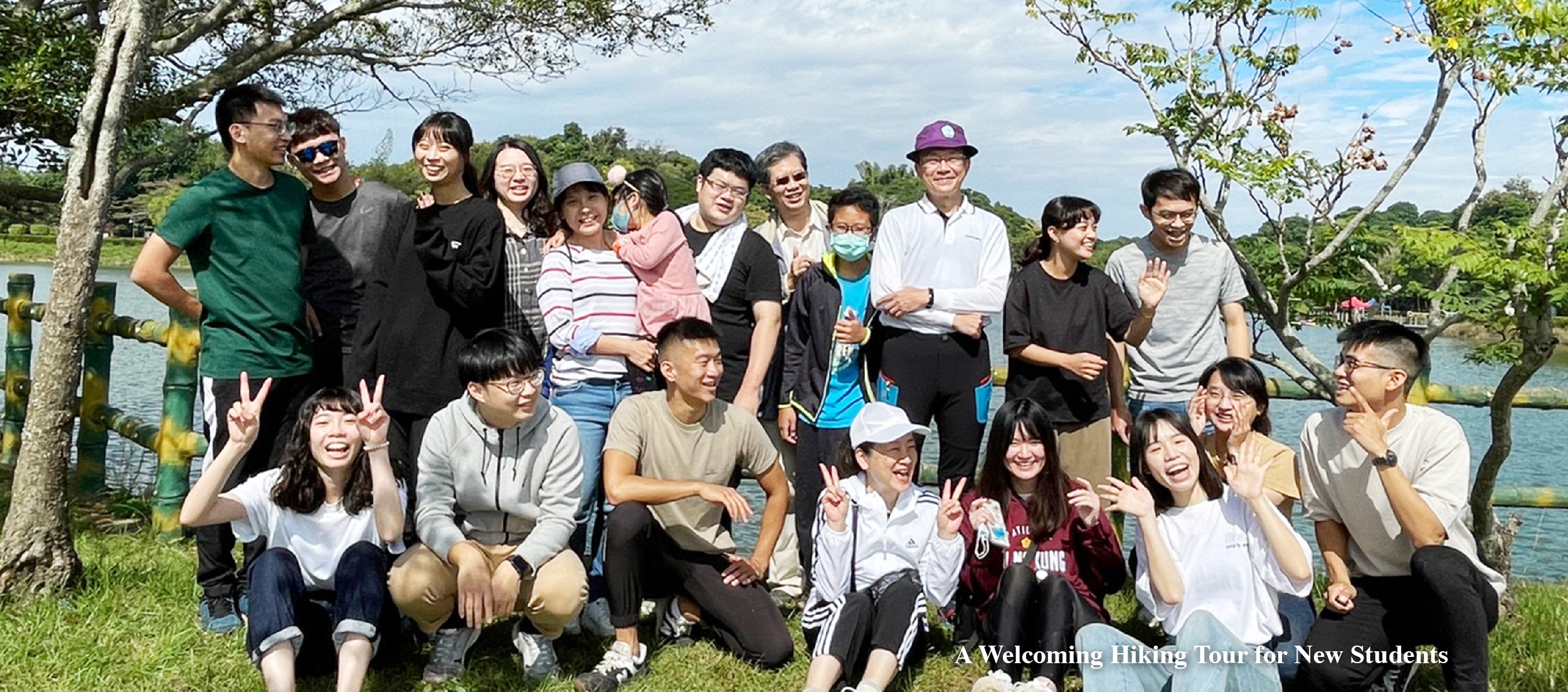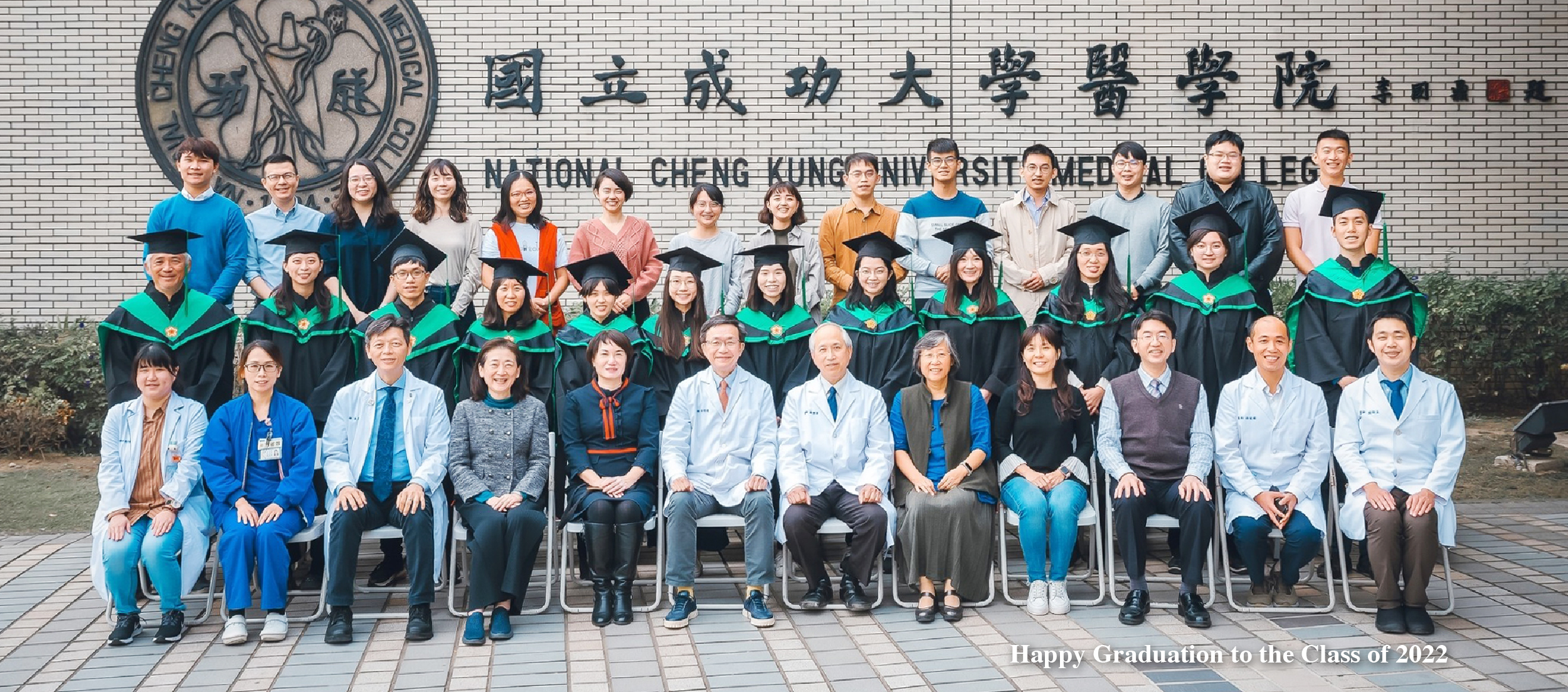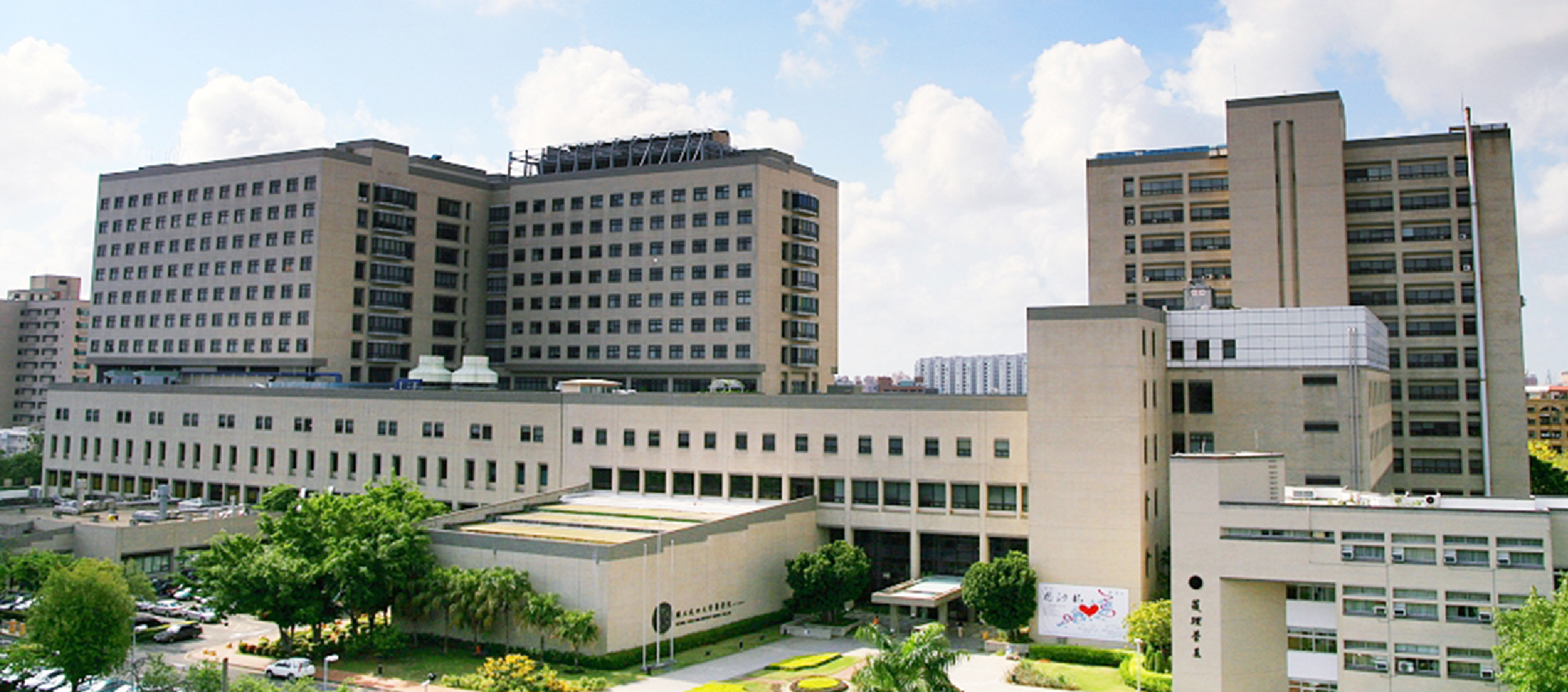Taiwan Gerontology Forum
One of the main salient characteristics of the twentieth century world history is the rapid expansion of human population. It had taken humans millions of years for world’s population to reach its first billion in 1850, but it took only another 120 years to reach its second billion in 1935. World population reached the third billion in 1960 and the fourth billion in 1975. By the end of the twentieth century in 1999, the world population had climbed up to six billions. Thus, it is clear that the fastest growth of human population occurred during the twentieth century. Although the speed of growth has begun to show a slow down in recent years, the world population still climb to 6,752,807,231 by October, 2007.
Such a rapid growth of aged population has caught the attention of researchers, government policy makers, and general public. Two areas of aging issue have been focused. One area of study has concentrated on the study of aging process and the life of the elderly. The researchers are interested in finding ways of helping elderly to achieve a “successful aging.” Geriatric medicine advancement has been very astonishing which helps to keep the aged much healthier than a generation ago. Geriatrics is more interested in physical health of the elderly, while social gerontological studies take the aim at the improvement of elderly life in social and psychological spheres. They investigate the leisure activities of the elderly, social relationships with friends and relatives, and patterns of elderly living.
Another area of study examines the impacts on society and people’s daily life from the increase of aging population. The researchers want to know such questions as how national economy is being affected? Can countries provide adequate health care? What kind of pension and retirement systems can retirees expect? How family as an institution is being compromised? The results from such studies of policy making and elderly welfare programs have raised the public’s awareness of the problems the aged faced and have thus improved the quality of life for the elderly.
Such a rapid growth of aged population has caught the attention of researchers, government policy makers, and general public. Two areas of aging issue have been focused. One area of study has concentrated on the study of aging process and the life of the elderly. The researchers are interested in finding ways of helping elderly to achieve a “successful aging.” Geriatric medicine advancement has been very astonishing which helps to keep the aged much healthier than a generation ago. Geriatrics is more interested in physical health of the elderly, while social gerontological studies take the aim at the improvement of elderly life in social and psychological spheres. They investigate the leisure activities of the elderly, social relationships with friends and relatives, and patterns of elderly living.
Another area of study examines the impacts on society and people’s daily life from the increase of aging population. The researchers want to know such questions as how national economy is being affected? Can countries provide adequate health care? What kind of pension and retirement systems can retirees expect? How family as an institution is being compromised? The results from such studies of policy making and elderly welfare programs have raised the public’s awareness of the problems the aged faced and have thus improved the quality of life for the elderly.
Click Num:
Share


